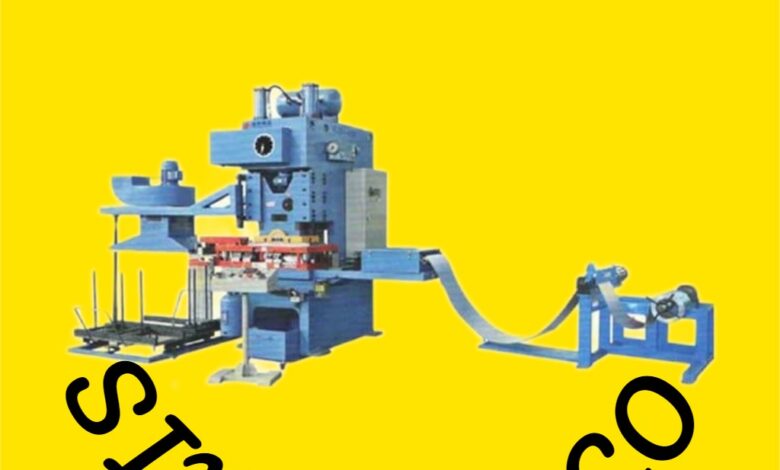The Significance of Fin Die in Industry: A Comprehensive Guide

In any industry, “fin die” isn’t just about finishing a process; it’s about bringing together all the hard work, tactics, and resources to achieve a crucial final result. Understanding what fin die means and how to accomplish it effectively can make the difference between a project’s success and failure. This guide elaborates the important role fin die plays from one side to other in different industries and offers an operational guide on how to use it to ensure your projects end on a great note.
1. What Does Fin Die and Why Does It Matter?
At its core, fin die refers to the final stage of a process, project, or production cycle. In many industries, this stage plays a pivotal role because it represents the point at which all previous efforts are combined to get the desired outcome. Whether you’re in manufacturing, technology, or creative fields, the fin die stage is where everything comes together, and the final product or result is realized.
- Key Insight: The fin die stage is where quality control, final adjustments, and last-minute optimizations are critical. This phase is not just about completion; it’s about ensuring that the final result meets or surpasses expectations.
2. The Role of Fin Die in Manufacturing
In manufacturing, the fin die process is integral to producing high-quality products. It often involves precision cutting, shaping, or finishing of materials, ensuring that each component meets the required specifications. The accuracy and attention to detail during this stage are vital, as any errors or imperfections can compromise the entire product.
- Key Insight: The fin die process in manufacturing is where quality control is most critical. Proper execution ensures that the final product is not only functional but also meets all quality standards.
3. Fin Die in Technology and Software Development
In the technology and software development industries, fin die refers to the final stages of product development, such as testing, debugging, and deployment. This phase is critical because it determines whether the software or technology solution is ready for market release or client use.
- Key Insight: Skipping or rushing through the fin die stage in technology can lead to bugs, security vulnerabilities, and user dissatisfaction. Thorough testing and final adjustments are essential for ensuring a successful launch.
4. The Importance of Fin Die in Creative Industries
For creative industries like design, film, and advertising, the fin die stage is where the final product is polished, refined, and prepared for presentation or publication. This is the phase where the creative vision is fully realized and finalized.
- Key Insight: In creative fields, the fin die phase is often where the magic happens. It’s where initial concepts and ideas are honed to perfection, making this stage essential for delivering impactful and memorable work.
5. Best Practices for Mastering Fin Die Across Industries
No matter what industry you’re in, following these best practices can help you handle the fin die phase more effectively:
- Plan with the End in Mind: Start by visualizing your desired outcome. This clarity from the get-go can make the fin die process much smoother.
- Get Everyone Involved: Make sure all key stakeholders are engaged in the final stages. Their input can be essential for making necessary tweaks.
- Focus on Quality: Apply strict quality control during the fin die phase to catch and fix issues before the final product is delivered.
- Document Everything: Keep detailed records of the fin die process to learn what worked and what didn’t, so you can improve on future projects.
6. Conclusion: The Impact of Fin Die on Industry Success
The fin die stage is more than just a conclusion; it’s a critical phase that can determine the success or failure of a project. Whether in manufacturing, technology, or creative work, mastering fin die ensures that all efforts culminate in a high-quality, successful outcome. By paying close attention to this final phase, industries can enhance their products, satisfy customers, and achieve greater overall success.
In summary, fin die plays a useful role across various industries. Understanding and optimizing this stage can lead to better products, smoother processes, and more successful projects, ultimately contributing to long-term industry success.





